Zac Schultz:
The results of a controversial free speech survey administered to students throughout the UW system found in some instances, conservative students not feeling comfortable to express their views in the classroom. Before and especially after the February release of those survey results, Republicans have expressed concerns that students with conservative views are shut out on college campuses or, in more extreme language, are being indoctrinated by professors. Frederica Freyberg spoke with UW Madison Political Science Professor Katherine Cramer who took issue with claims of student indoctrination in a recent essay she wrote on free speech in the classroom.
Katherine Cramer:
It just does not at all match my reality. The discussion around whether or not indoctrination is going on on the UW-Madison campus is just so far removed from my daily life and I, you know, as a person who has grown up in this state and worked at this institution at UW-Madison basically my entire career, I’ve been fortunate to have this job since I finished my dissertation. I mean, I just — I worry a lot about the criticism of this place because I know that it’s the UW-Madison, UW system is so beloved by people of this state and my experience with students on this campus is just — it’s just very different from the debate that’s going on around indoctrination.
Frederica Freyberg:
What about the free speech survey undertaken by the UW system that Republican legislators themselves call troubling, where it found that 60% of Republican students feel, “pressured by an instructor to agree with specific political views being expressed in class.” What about that survey?
Katherine Cramer:
It’s been my life’s work to create an environment in my classroom in which students of all political leanings have the space to think and talk with each other and question each other and graduate from that class with a more profound sense of who they are as a citizen. So that’s one thing that just really — disturbed me about that, because it just runs against the grain of what I’ve been trying to do for decades in my own life. And there’s another thing that really troubles me about that survey, is that it really does not comport well or match well with the results of our own UW campus climate survey, which was conducted in 2021. They had a bunch of different measures of who felt welcome on campus, about 20, if I remember right. And according to none of those measures do self-described conservative students say they don’t feel welcomed. And yet there was a question on that survey asking who do you think doesn’t feel welcome on our campus? And many, many people said conservative students. So there’s this perspective that conservative students are silenced on our campus, but conservative students themselves do not report feeling silenced. So I’m worried there’s a big mismatch in my mind between the free speech survey and our own campus climate survey.
Frederica Freyberg:
You described how students felt talking about politics at the start of your class in the midst of this polarized climate. What is that like when they first step into that class?
Katherine Cramer:
So especially when I was — I assigned to them portions of a book I published in 2016 about our own rural-urban divide here in Wisconsin. Many of the students, most of them are from an urban or suburban area, would say things like, “oh, I’ve never heard that perspective, or I’ve always wondered why, why did people in rural areas of the country vote for Donald Trump, because it seems to me like he’s a candidate that wasn’t going to help them or he would be not supporting the kind of policies that I think would benefit people like them.” I’m trying to get them to understand more deeply themselves their own views and to just basically see people with different political views as human beings, as equally as human and equally as dignified and worthy of respect as they themselves are.
Frederica Freyberg:
So the other thing that you touched on in this class was race, and what was your take-away from that?
Katherine Cramer:
I play some excerpts for these students of conversations that students of color and I organized on our campus a few years ago and I play some of the excerpts of those conversations for the broader class, which is predominantly white. And the students are shocked to hear some of these stories of students just talking about the discrimination they faced just in everyday life on campus. Not violent, but sort of just the common experience of it and it’s invisible to a lot of these students who don’t experience that personally. So we talk about that as both the way you have to really listen carefully for different facets of public opinion and the way people’s experiences are such an important part of the way they see the world, but then also as a step towards, okay, we’ve learned about what public opinion is, how it works, how to measure it, but now what’s your role in public opinion? When you leave this class, when you leave this university, what kind of a person do you want to be out there in the world? How do you want people to respect you and listen to you and what are you going to do to make sure we have the kind of democracy where, sitting down and talking with one another is not unusual.
Search Episodes

Donate to sign up. Activate and sign in to Passport. It's that easy to help PBS Wisconsin serve your community through media that educates, inspires, and entertains.
Make your membership gift today
Only for new users: Activate Passport using your code or email address
Already a member?
Look up my account
Need some help? Go to FAQ or visit PBS Passport Help
Need help accessing PBS Wisconsin anywhere?

Online Access | Platform & Device Access | Cable or Satellite Access | Over-The-Air Access
Visit Access Guide
Need help accessing PBS Wisconsin anywhere?

Visit Our
Live TV Access Guide
Online AccessPlatform & Device Access
Cable or Satellite Access
Over-The-Air Access
Visit Access Guide
 Passport
Passport





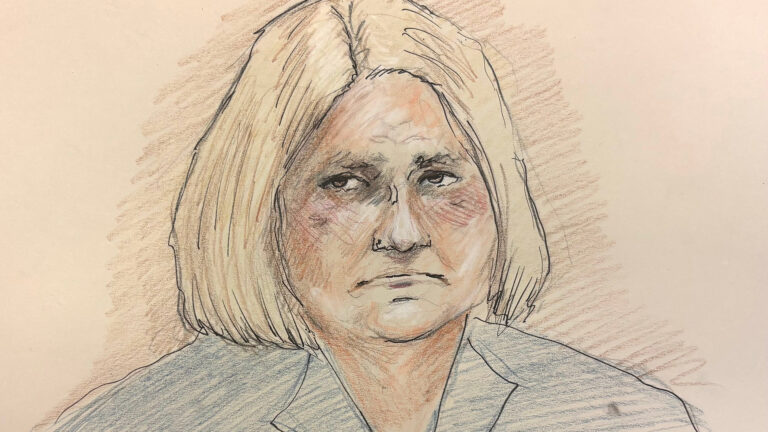
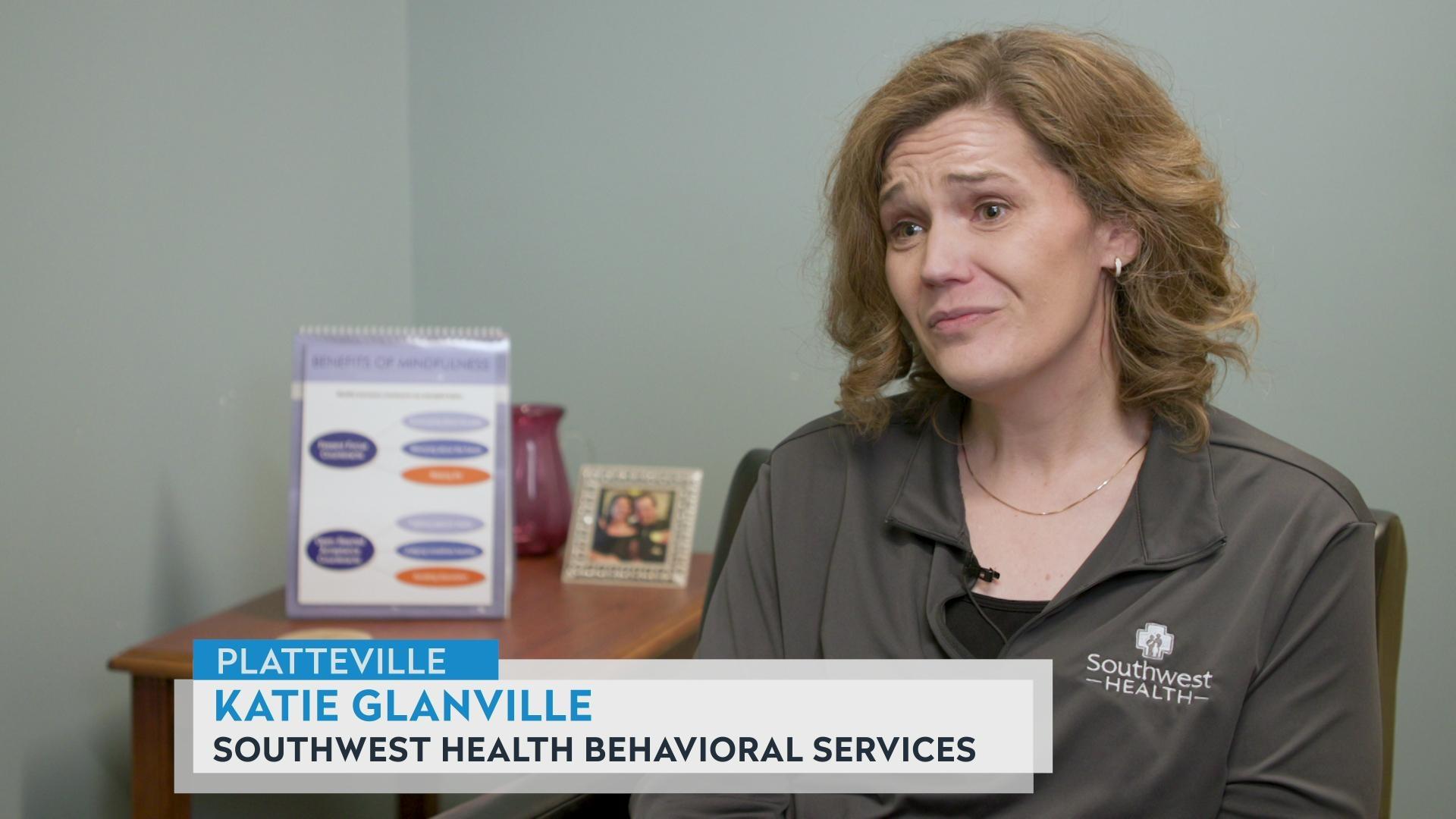






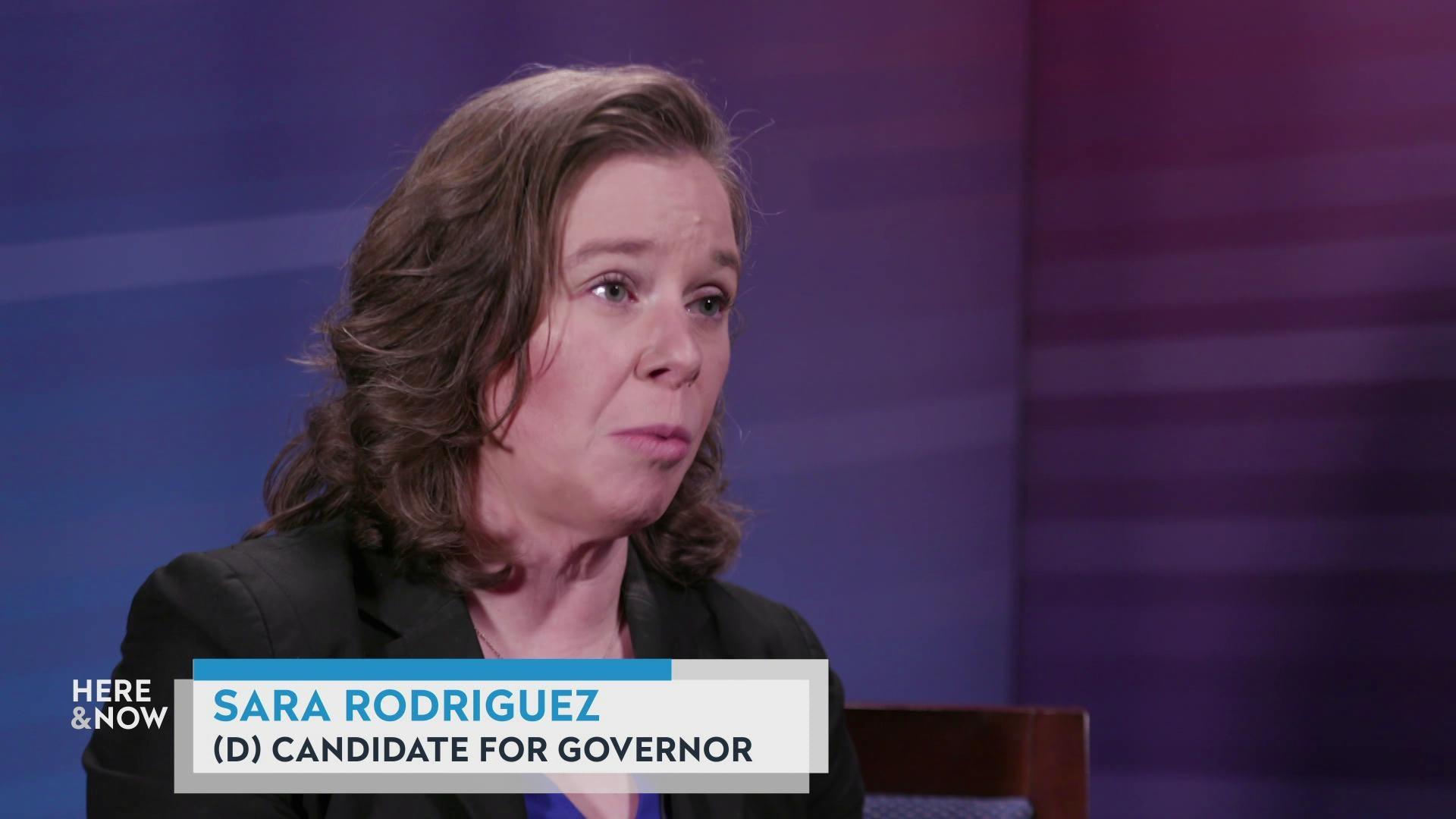
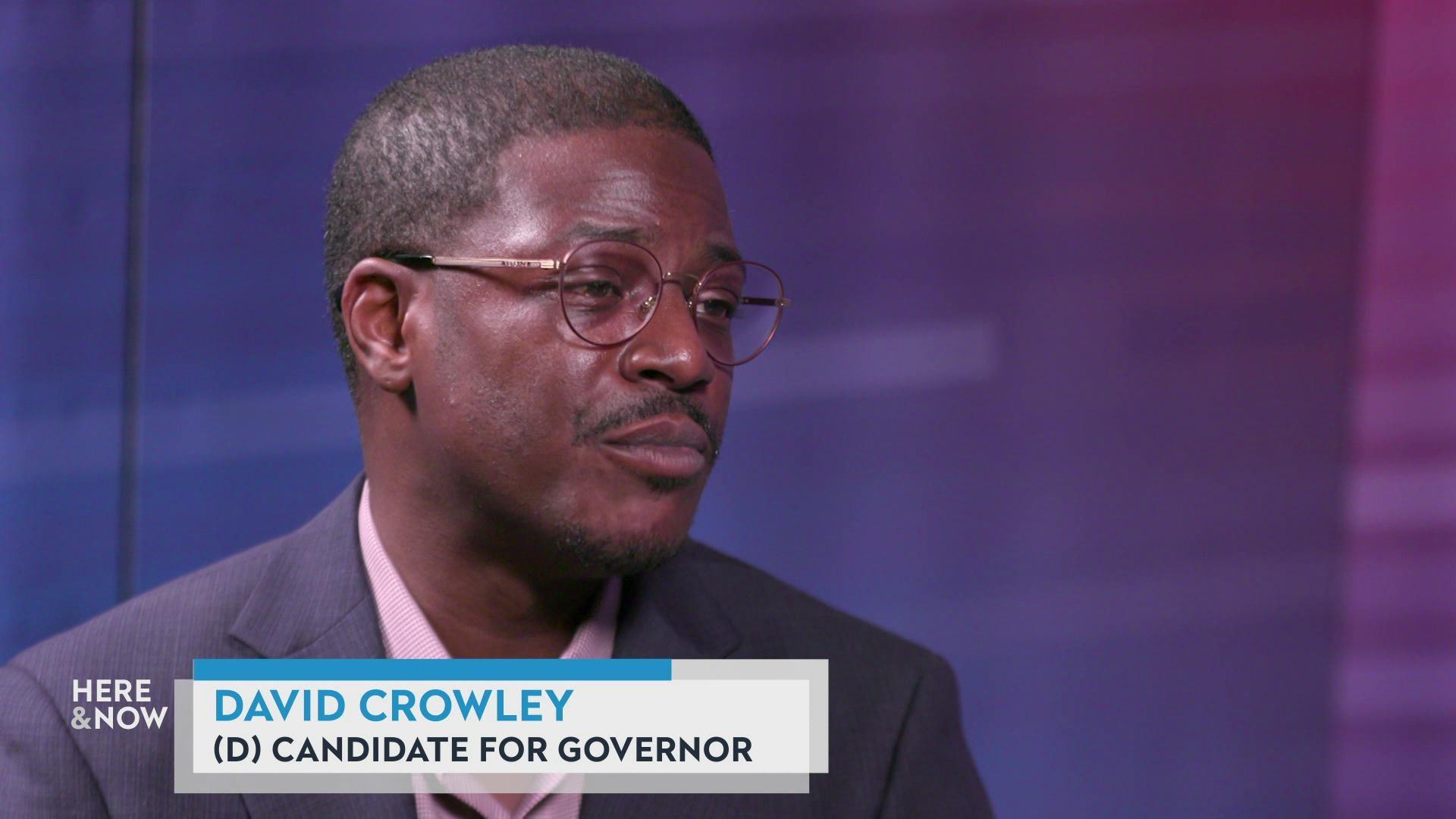
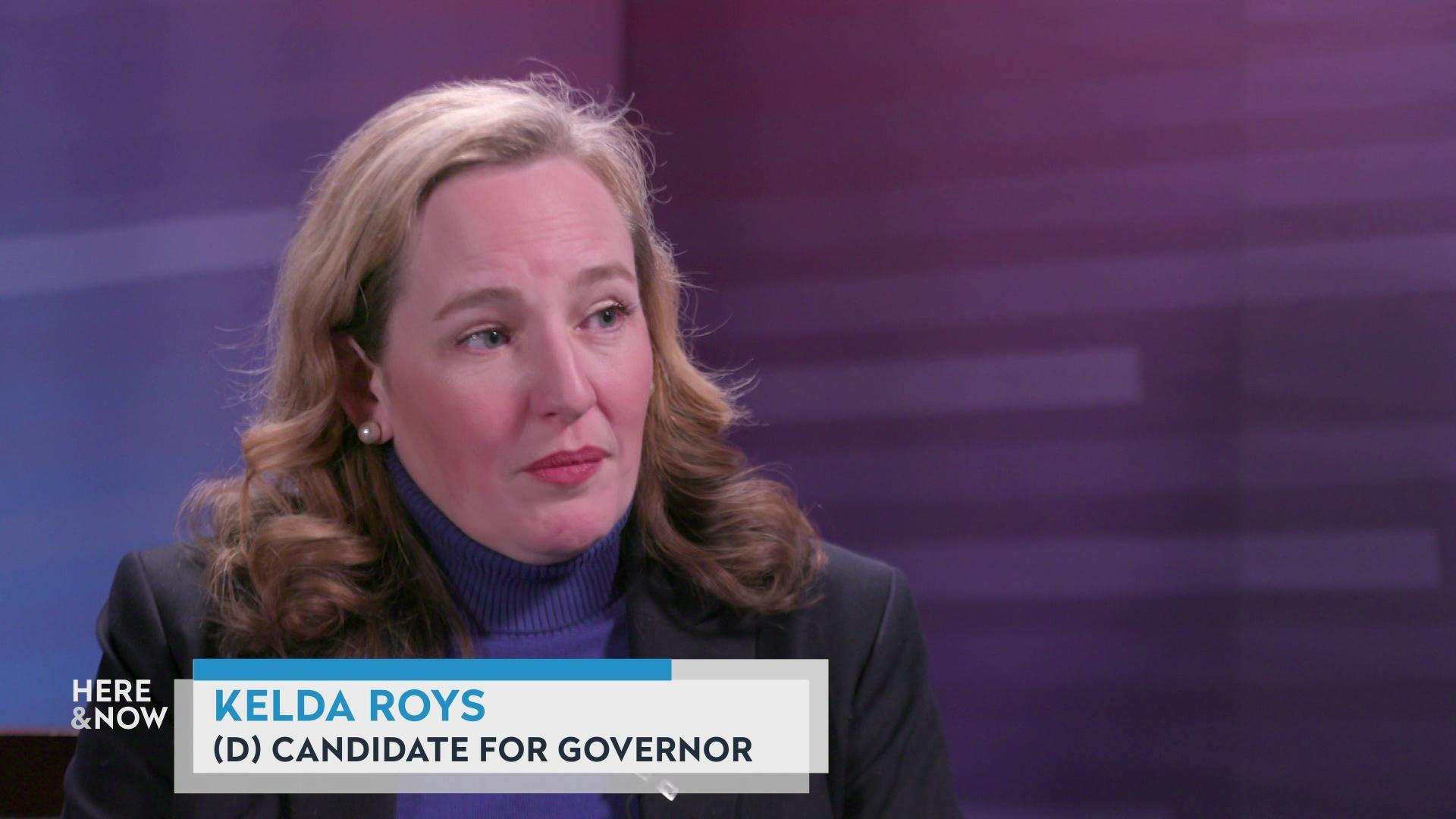


Follow Us